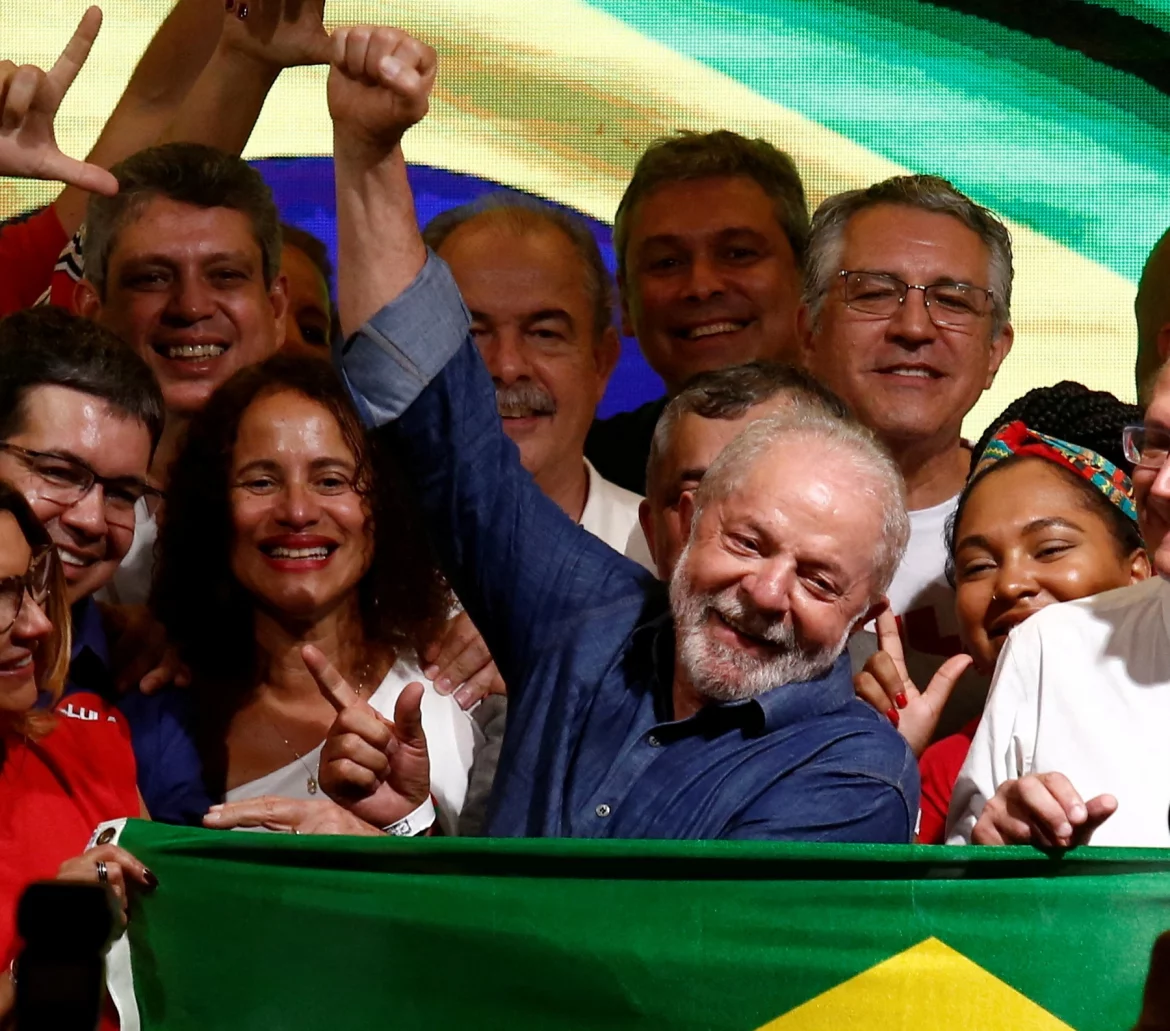Climate director at WRI Brasil, a branch of the research nonprofit World Resources Institute, Carolina Genin has said that the outcome of Brazil’s presidential election which saw Luiz Inácio Lula da Silva emerge as the winner, is a crucial victory for global climate as the country now has an opportunity to curb rampant deforestation of the Amazon rainforest and jump-start a green economy.
Luiz Inácio Lula da Silva’s narrow defeat over Jair Bolsonaro is believed to have offered hope to environmentalists in Brazil and around the world for a new era of aggressive climate action, including much-needed efforts to save the Amazon.
Under former president, Jair Bolsonaro’s reign, deforestation of the Amazon soared to a 15-year high. Scientists had warned that the world’s largest rainforest was nearing a tipping point beyond which there would be irreversible consequences for the entire planet.
This is even as new data from Brazil’s National Institute for Space Research showed that more than 3,980 square kilometres of the Amazon—an area five times the size of New York City—were cleared in the first six months of 2022, the highest figure in at least six years, withe reports showing that continued deforestation of the rainforest is contributing to a loss in resilience, or the forest’s ability to recover from droughts, fires, and landslides.
If this continues, reports say it could cause the Amazon’s traditionally wet, tropical climate to dry out, a phenomenon which is known as “dieback.” It’s estimated that between 17 and 20 per cent of the Amazon has been destroyed over the past fifty years, and some scientists believe that the tipping point for dieback is between 20 and 25 per cent deforestation.
According to Genin, “this election is very important because it brings Brazil back to the climate stage as a nation that can be one of the strongest allies in the global efforts to address climate change,”.
Read also: Gabonese minister says no action on climate except death toll rises in west
Commonly known as “Lula,” 77-year-old da Silva who previously led the country from 2003 to 2010 has vowed to fight Amazon deforestation and crack down on illegal gold miners, loggers and ranchers who have invaded indigenous land and caused widespread environmental destruction.
“Brazil is ready to retake its leadership in the fight against the climate crisis,” Lula said in a victory speech in Sao Paulo. “Brazil and the planet need a living Amazon.”
According to reports, da Silva’s promise to curb Amazon deforestation is essential for the planet to stay on track under the goals of the Paris Agreement, which aims to keep global warming under 1.5 degrees Celsius to limit irreversible impacts on ecosystems and human health.
For Genin, “the Amazon is the key contribution that Brazil can give to mitigate climate change to keep us on track for the 1.5 [degrees] vision,” “We usually say that there is no 1.5 without the Amazon.”
She however added that the health of the Amazon also depends on a sustainable economic development model that is not built on deforestation and illegal activities.
Recall that during Lula’s presidency and the tenure of his successor, from 2004 to 2012, deforestation fell by roughly 70%. This is according to the London think tank Chatham House. Lula instituted so-called command-and-control policies that used regulations and better monitoring to decrease deforestation.
“The first time Lula was president, one of the lessons learned was that you can decrease deforestation and still increase production of the agriculture sector,” Genin was quoted as saying. “There’s no correlation between them, and that’s a good thing.”
Story was adapted from NBC news.
